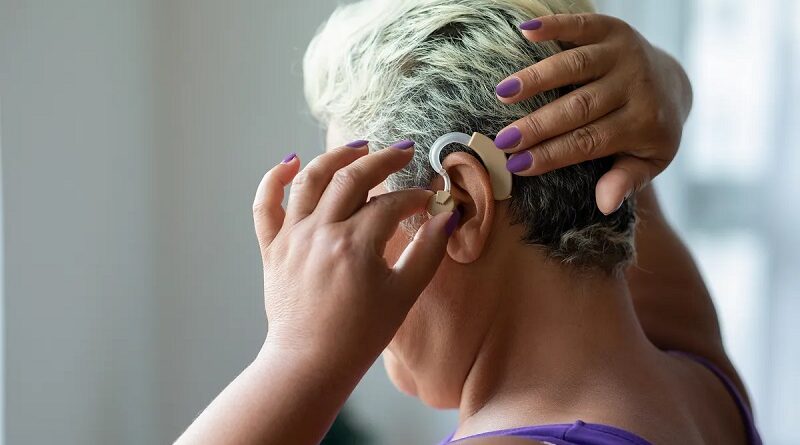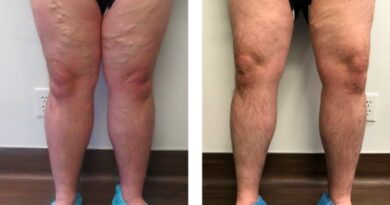Are Hearing Aids Right for You? Assessing Candidacy and Expectations
Hearing loss is a widespread condition that may affect individuals of all ages and has a profound impact on daily life, communication, and overall well-being. For individuals experiencing hearing difficulties, hearing aids can be a life-changing solution. However, before investing in hearing aids, assessing candidacy and setting realistic expectations is essential. This piece of article will dive deep into the factors to consider when determining if hearing aids suit you and what to expect from these remarkable devices.
Assessing Candidacy for Hearing Aids
-
Hearing Test and Evaluation
To begin the process of assessing whether hearing aids are suitable for you is to undergo a comprehensive hearing test conducted by a licensed audiologist. The audiologist will assess the severity and type of hearing loss you have. This evaluation is crucial in identifying the specific areas of hearing difficulty and recommending the most suitable hearing aid solution.
-
Degree of Hearing Loss
Hearing aids are effective for a wide range of hearing loss, from mild to profound. If your hearing test reveals that you have difficulty hearing soft or moderate sounds, hearing aids may significantly improve your hearing ability and quality of life. However, if your hearing loss is extremely severe or involves profound deafness, other options, such as cochlear implants, may be considered.
-
Lifestyle and Communication Needs
Consider your lifestyle and communication requirements when evaluating the need for hearing aids. If you find yourself struggling to hear conversations, missing important information during meetings, or feeling socially isolated due to hearing loss, hearing aids can be immensely beneficial. They improve your capacity to communicate effectively and participate actively in various situations.
-
Motivation and Willingness
The successful use of hearing aids also depends on your motivation and willingness to adapt to wearing them regularly. Adjusting to new sounds and wearing a device in your ear may take time, patience, and dedication. If you are committed to improving your hearing and actively participating in your hearing rehabilitation, hearing aids can be valuable.
Setting Realistic Expectations
-
Hearing Improvement
Hearing aids can notably enhance your hearing capabilities and help you hear previously difficult or impossible-to-perceive sounds. However, it is essential to understand that hearing aids may not restore your hearing to normal levels, especially if you have severe or profound hearing loss. They can, however, enhance your hearing experience and provide substantial benefits in various listening environments.
-
Adaptation Period
It is common to undergo an adaptation period when you start using hearing aids. During this time, you may need to acclimate to the amplified sounds and fine-tune the settings with the help of your audiologist. Be patient and give yourself time to adjust to the new sounds, and wear the devices consistently.
-
Background Noise
While hearing aids offer advanced noise reduction features, they may not eliminate background noise in every situation. Expect that in noisy environments, you may still experience some difficulty in hearing conversations. Nevertheless, modern hearing aids are equipped with directional microphones and other technologies to help improve speech clarity in challenging listening conditions.
-
Maintenance and Care
Hearing aids require regular maintenance and care to ensure optimal performance and longevity. You must clean them daily, change batteries or recharge them as needed, and schedule periodic visits with your audiologist for adjustments and check-ups.
Conclusion
Hearing aids can be life-changing devices for individuals with hearing loss, providing enhanced communication, improved quality of life, and increased social engagement. To determine if hearing aids are right for you, undergo a comprehensive hearing evaluation and discuss your lifestyle and communication needs with a qualified audiologist. Set realistic expectations regarding hearing improvement, adaptation period, and maintenance requirements. With the right hearing aids and proper guidance, you can journey towards better hearing health and more fulfilling life.



